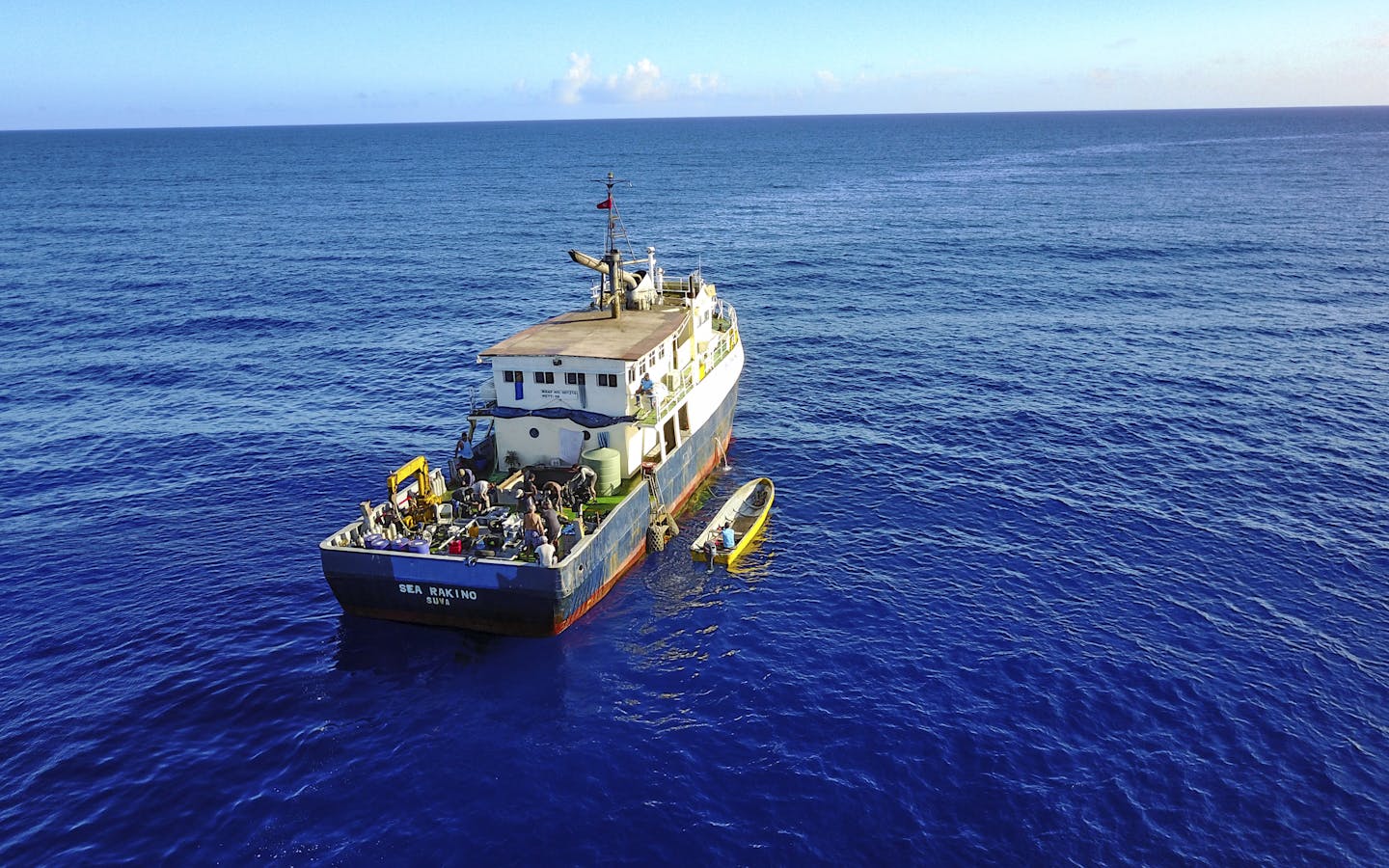Where we work


Asia-Pacific
Conservation International's work in Asia-Pacific began in 1989 with a pledge to protect some three dozen of the Earth's biodiversity hotspots, including the Philippine archipelago and the Sundaland rainforests of Southeast Asia.
Since then, our focus in this region has expanded to include other ocean and forest areas that are critical to human well-being. We help improve food security, support innovative financing for conservation projects and establish protected area networks that encompass essential ecosystems.
Today we have offices in 12 countries throughout Asia-Pacific, working closely with Indigenous communities, local and national governments, and the private sector to protect the critical benefits that nature provides to humanity.
Learn more about Conservation International's work in Asia-Pacific

Pacific Islands
Conservation International has worked in the Pacific Islands region for more than 20 years, initially launching our program from Samoa in 2002. Conservation International has since launched nationally based “boots on the ground” programs in Fiji, New Caledonia, Samoa, Hawai’i, and New Zealand. From these base operations we engage across the entire region from Cooks Islands to Palau, delivering outsized impact with our small and dedicated team.
Together with regional, national and community-level partners, Conservation International has catalyzed some of the largest ocean conservation areas in the world.
Some of our most pivotal accomplishments and ongoing areas of work include the Samoa Ocean Strategy, New Caledonia’s Natural Park of the Coral Sea, the Cook Islands’ Marae Moana, and our partnership with traditional leaders in the Lau islands and the government of Fiji to create and protect 30% of the Lau Seascape.
Conservation International also served as the Regional Implementation Team for the Critical Ecosystem Partnerships Fund (CEPF) grant-making program in Polynesia and Micronesia, which awarded 113 grants to local partners protect 67 globally threatened plant and animal species in 50 Key Biodiversity Areas (KBAs).
Recognizing the importance and power of integrated ocean management and conservation, Conservation International was a key thought partner in the design the Pacific Regional Oceanscape Framework, which was unanimously endorsed by Pacific Island leaders in 2010. This provided a foundation for country commitments to sustainable management of their oceans and established the mandate of the Office of the Pacific Ocean Commissioner (OPOC) within the Pacific Island Forum Secretariat, to which Conservation International provided catalytic support.

